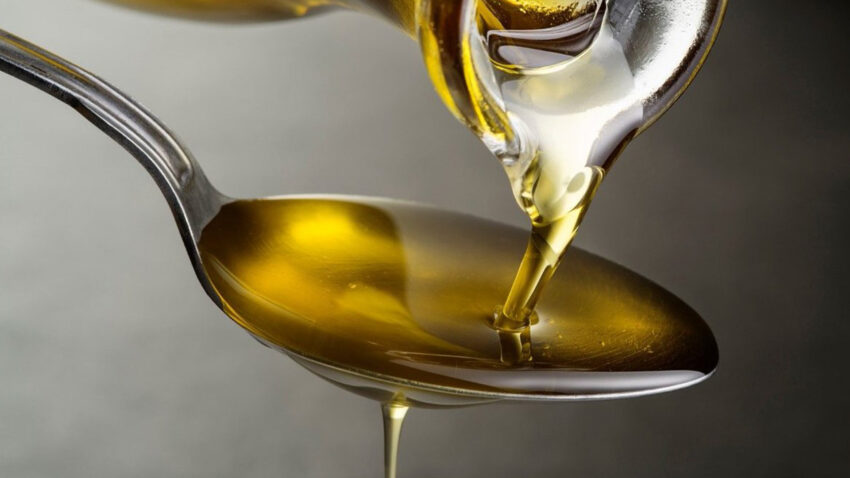In the world of cooking oils, two popular options often go head-to-head: olive oil and vegetable oil. Both oils are widely used in kitchens around the globe, but when it comes to health benefits, which one comes out on top? In this comprehensive guide, we will delve into the characteristics, nutritional profiles, and potential health effects of olive oil and vegetable oil to help you make an informed choice for your culinary needs.
Olive Oil:
Olive oil is derived from pressing whole olives, the fruit of the olive tree. It has been a staple of Mediterranean cuisine for centuries and is renowned for its rich flavor and versatility. Olive oil is available in various grades, such as extra virgin, virgin, and refined, with extra virgin being the least processed and most prized for its taste and health benefits.
Nutritional Profile:
Extra virgin olive oil is a good source of monounsaturated fats, which are considered heart-healthy fats. It also contains polyphenols, antioxidants that have been associated with various health benefits. Additionally, olive oil is a decent source of vitamin E and vitamin K. However, it is worth noting that olive oil is calorie-dense, with approximately 120 calories per tablespoon, so moderation is key.
Health Benefits:
a. Heart Health: The monounsaturated fats in olive oil, particularly oleic acid, have been linked to improved heart health. They can help reduce bad cholesterol levels and maintain good cholesterol levels, which may lower the risk of heart disease.
b. Anti-Inflammatory Properties: The polyphenols in olive oil possess anti-inflammatory properties that can potentially help reduce inflammation in the body, which is associated with chronic diseases.
c. Antioxidant Effects: The antioxidants in olive oil, including vitamin E and polyphenols, help protect the body against oxidative stress and free radicals that can contribute to aging and various diseases.
Vegetable Oil:
Vegetable oil is a generic term that refers to any oil derived from plants, including soybean, canola, sunflower, corn, and safflower oil. These oils are typically extracted through a process involving mechanical pressing and solvent extraction. Vegetable oils are often favored in cooking due to their neutral flavor and higher smoke points, making them suitable for frying and high-heat cooking methods.
Nutritional Profile:
Vegetable oils are primarily composed of polyunsaturated and monounsaturated fats, with varying ratios depending on the specific oil. They are lower in saturated fats compared to animal-based fats like butter or lard. Additionally, vegetable oils contain vitamin E, an essential fat-soluble vitamin with antioxidant properties.
Health Benefits:
a. Heart Health: The high proportion of unsaturated fats in vegetable oils, particularly polyunsaturated fats, can help improve heart health by lowering LDL cholesterol levels. However, it is important to choose oils that have a favorable omega-6 to omega-3 fatty acid ratio, as an imbalance in these essential fatty acids may have negative health effects.
b. Vitamin E Content: Vegetable oils, such as sunflower and wheat germ oil, are good sources of vitamin E, which is beneficial for skin health and acts as an antioxidant in the body.
Comparison and Considerations:
When comparing olive oil and vegetable oil, several factors should be considered:
- Smoke Point: Olive oil has a lower smoke point compared to most vegetable oils. If you plan to use high-heat cooking methods, such as deep-frying, vegetable oils with higher smoke points may be more suitable.
- Flavor: Olive oil has a distinct flavor profile, whereas vegetable oils have a more neutral taste. The choice between the two may depend on personal preference and the desired flavor outcome in your dishes.
- Processing: Extra virgin olive oil is less processed compared to most vegetable oils, making it a more natural and minimally refined option. If you prioritize less processed foods, this may be a factor to consider.
- Specific Health Conditions: Individuals with specific health conditions may benefit from one oil over the other. For example, olive oil’s anti-inflammatory properties may be advantageous for those with inflammatory conditions, while the omega-3 fatty acids in certain vegetable oils may be beneficial for cardiovascular health.
Conclusion:
Both olive oil and vegetable oil have their merits and can be part of a healthy diet when consumed in moderation. Olive oil, especially extra virgin, offers unique health benefits due to its monounsaturated fats and antioxidants. On the other hand, vegetable oils, rich in polyunsaturated fats, can contribute to heart health and provide essential nutrients. Consider your cooking needs, taste preferences, and health goals when choosing between the two. Ultimately, a varied and balanced diet, along with mindful consumption of oils, is key to maintaining overall health and well-being.
- Complete Review of the Top CBD Creams In-Depth Analysis and Recommendations By Krush Organics - September 16, 2024
- Shop MaiaLife By Maialifeprotein-MaiaLife A Comprehensive Review of the Ultimate Shopping Destination - September 18, 2023
- Olive Oil vs. Vegetable Oil: Which Is Healthier? - July 15, 2023


